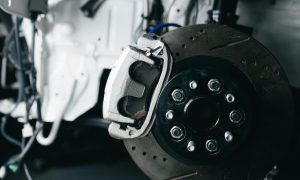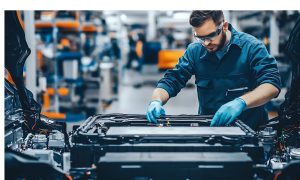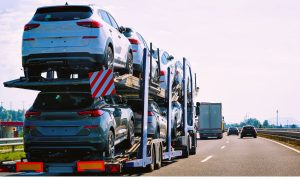It’s not just about speed, horsepower, or even price tags. Porsche has become shorthand for driving perfection, an experience that stirs something profound in the soul.
Consider this: when someone says “sports car,” chances are your brain immediately pictures a Porsche 911. That’s not by accident. It’s decades of consistent engineering, design, and brand storytelling. Let’s unpack why Porsche sits in a league of its own.
The Genesis of Greatness
Porsche wasn’t always the global powerhouse it is today. In 1931, Ferdinand Porsche founded the company as a design consultancy. They weren’t even building their own cars yet. Then came 1948, the year the Porsche 356 was launched. Light, rear-engined, nimble—it was everything post-war drivers craved.
The 356 wasn’t just a car; it was a statement. Drivers finally had something fun, fast, and stylish at a time when the world was still rebuilding. Much like how Apple kicked off in a garage, Porsche started small. But from the start, their DNA was clear: innovation combined with performance, wrapped in elegance.
Engineering Excellence
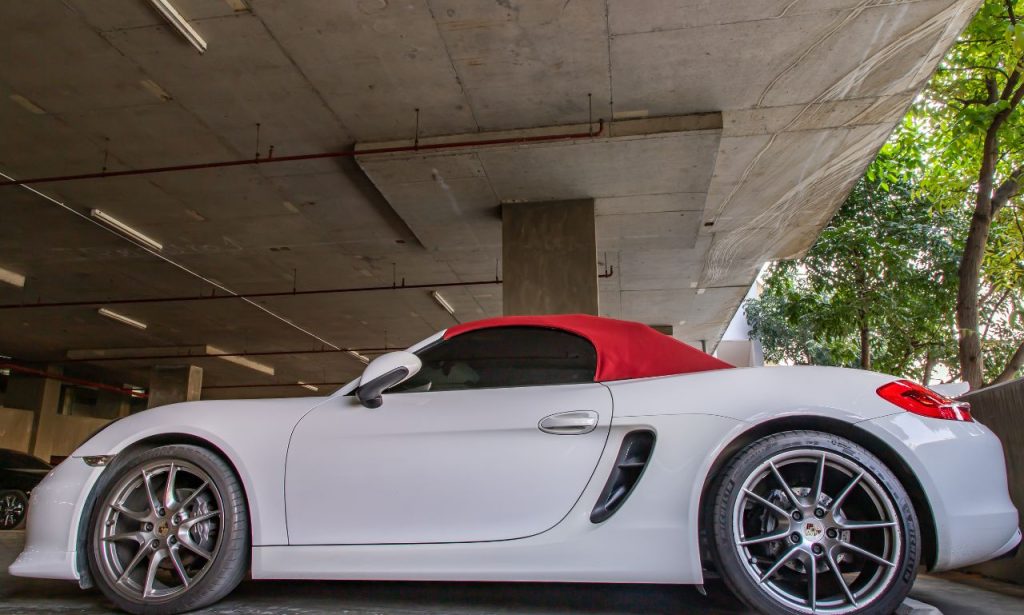
Here’s the thing about Porsche: you don’t just drive one—you feel it. The steering isn’t just responsive; it’s practically telepathic. You think left, the car goes left.
That doesn’t happen by chance. Porsche pours billions into R&D each year. And it pays off. In 2022, Porsche actually ranked above Toyota and Lexus in specific J.D. Power reliability categories. That’s remarkable when you consider that those two brands are renowned worldwide for their bulletproof dependability.
The magic isn’t horsepower bragging rights (though Porsche has plenty); it’s the thrill of driving. It’s a balance. A 911 Carrera might not post the craziest specs on paper, but behind the wheel? It’s poetry. That’s why enthusiasts say Porsche engineers don’t build cars; they build confidence.
Timeless Design
Car trends come and go—just look at all the wild wedges from the ’80s. Yet Porsche never lost its cool. The 911’s silhouette from 1963? You can still see it today. Same round headlights. Same sloping roofline. Same unmistakable presence.
That’s intentional. Porsche doesn’t reinvent itself every few years. It tweaks, sharpens, and refines. That’s why you can park a 30-year-old 911 next to a brand-new one, and they look like siblings—not distant cousins.
Consistency builds recognition. When a Porsche glides past, you know immediately what it is. No oversized badges needed.
The Enduring Legacy of the Porsche 911’s Form
The Porsche 911 isn’t just a model—it’s an icon. From Steve McQueen’s silver 911 in Le Mans to the countless enthusiasts rebuilding classics in their garages, the 911 has become part of culture itself.
And here’s the kicker: Porsche never ditched its roots. Rear-engine layout? Still there. Rounded nose? Still there. Yet today’s 911 Carrera can outperform supercars from the ’90s in terms of performance. That blend of tradition and progress is what keeps 911 legendary.
When you buy one, you’re not just buying a car—you’re buying into six decades of refinement. That’s heritage money that can’t be faked.
Form Follows Function
Unlike some brands that chase flash for flash’s sake, Porsche follows one golden rule: form follows function. Every curve, vent, and line has a reason.
The sloping roofline? Reduces drag. The wide rear arches? Needed to fit meatier tires for grip. The intakes? Cooling, plain and simple.
That’s why Porsches look so effortlessly right. They aren’t trying too hard—they’re built to perform first, and the beauty follows.
The “Luxury” Experience
Luxury isn’t always about chandeliers in your SUV or massaging seats that turn into beds. For Porsche, luxury is subtler. It’s the way the steering wheel feels in your hands, the stitching on the leather, the clean cockpit design.
You’ll also find Alcantara, brushed aluminum, and touchscreen technology. But the absolute luxury? The feeling you get driving it daily. Porsche nails something few others do: turning even a mundane commute into an event.
And here’s something people forget: resale value. Porsche models hold their value better than most luxury cars. Owning one isn’t just an indulgence—it’s also smart money.
Pioneering the Future
Tradition is great, but Porsche knows the road ahead is electric. Enter the Taycan. When it launched, skeptics wondered: could Porsche make an EV that still felt like a Porsche? The answer was a resounding yes.
The Taycan didn’t just compete with Tesla—it outsold the 911 in 2021. That’s mind-blowing when you think about how sacred the 911 is to Porsche fans. Instead of alienating purists, Porsche built an EV that carried the same soul as its gas siblings.
That’s how you future-proof a brand: evolve without losing your essence.
Leading the Charge
Porsche isn’t just thinking about EVs—it’s also investing in synthetic fuels. Why? Because not every driver wants to say goodbye to combustion engines. Synthetic fuels offer a potential path to net-zero emissions for gas engines.
That’s innovative business. Porsche acknowledges the passion around gasoline engines while still pushing toward sustainability. It’s not about choosing one path—it’s about leading in both.
The Enduring Allure
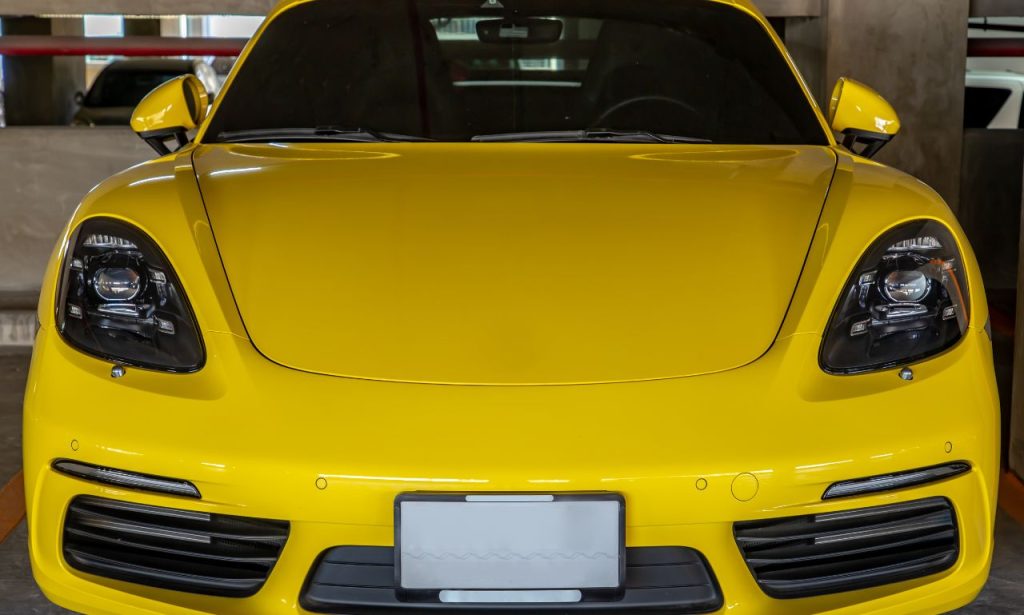
Here’s the truth: Porsche isn’t always the fastest. It’s not always the flashiest either. But it’s consistently the most desirable. Why? Because it nails something other brands often miss: balance.
A Porsche is fun on the track and practical in daily life. You can drop your kids at school, then blast down a canyon road—same car. That dual nature creates loyalty. People don’t just buy one Porsche. They buy their first Porsche. And then another. And another.
The Emotional Connection
Cars aren’t just machines—they’re emotional triggers. And Porsche understands this deeply.
The rumble of a flat-six engine. The way a 911 hugs a curve. The sound of tires gripping asphalt. These aren’t just sensations; they’re memories in the making. That’s why many Porsche owners talk about their cars as if they were family members.
When you buy a Porsche, you’re not just purchasing a vehicle—you’re buying a feeling. A reminder every time you turn the key that life can be thrilling.
Conclusion
So, what makes Porsche a leader in luxury sports cars? It’s not just engineering or design. It’s the blend of history, innovation, and emotional pull. Porsche doesn’t scream luxury; it delivers it in whispers you feel in your chest.
From the humble 356 to the electric Taycan, Porsche proves one thing: you can honor tradition while embracing the future. And that’s why the brand continues to set the benchmark—not just for sports cars, but for what driving should feel like.
FAQs
It blends daily usability with sports car excitement—something Ferrari or Lamborghini can’t always claim.
Yes. In fact, Porsche often ranks above Toyota and Lexus in some quality studies.
The 911. It’s been the backbone of the brand since 1963.
Surprisingly, yes. Models like the Panamera and Cayenne strike a balance between performance and real-world usability.



